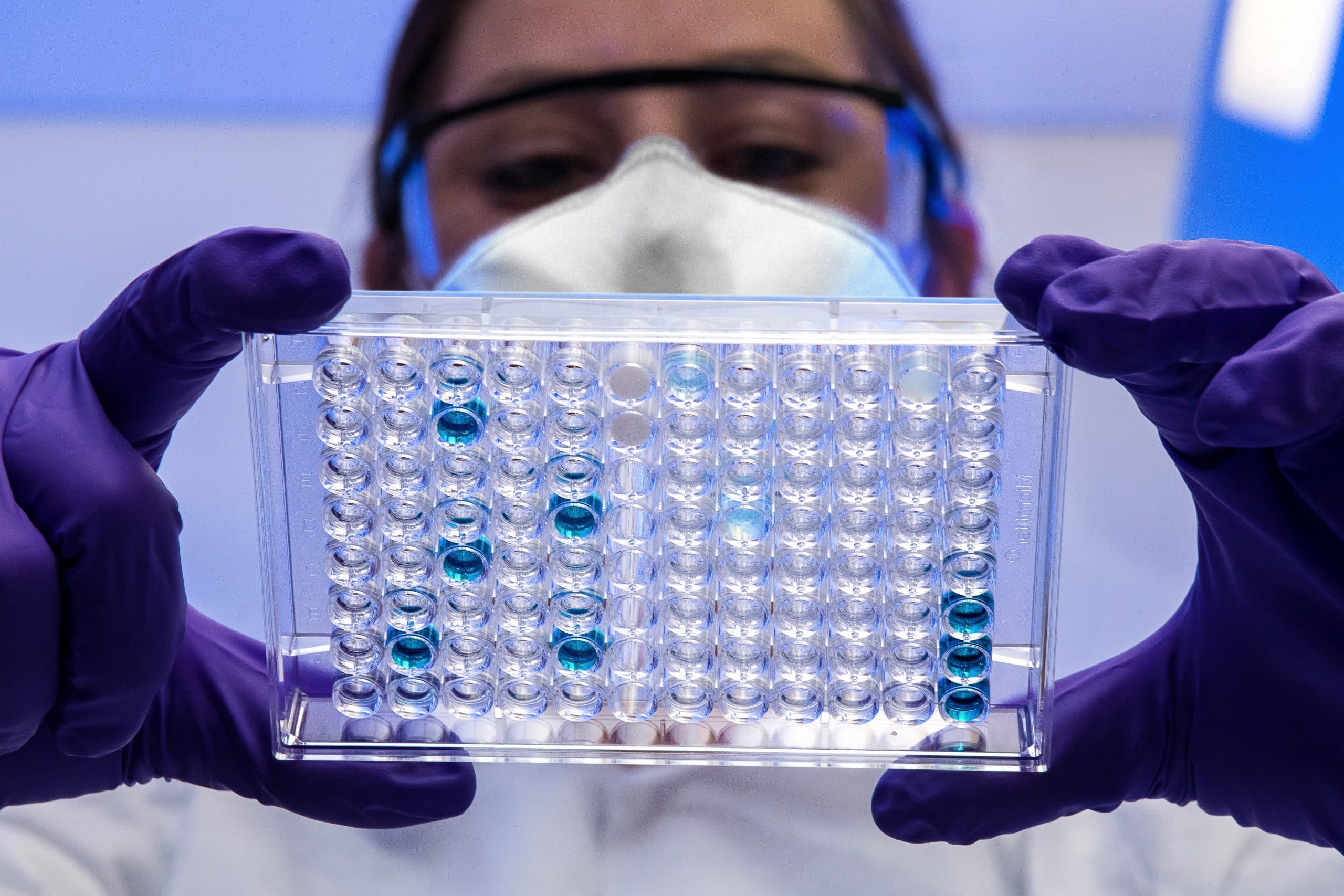The product developed by Perha Pharmaceuticals, Leucettinib-21, is a synthetic molecule whose structure is inspired by a natural molecule, Leucettamine B, produced by the marine sponge Leucetta microraphis. The company has now synthesized more than 1,100 derivatives from this natural substance.
Leucettinib-21 inhibits the protein kinase DYRK1A (whose gene is located on chromosome 21). Produced in excess, this protein is at the origin of the cognitive deficits associated with Down syndrome and Alzheimer’s disease. People with Down syndrome produce 1.5 times more of this protein than normal. Inhibiting it could therefore correct deficits in learning, memory or spatial localization, deficits that people with Alzheimer’s disease also suffer from.
“Our molecule aims to improve the quality of life of individuals with Down syndrome or Alzheimer’s disease by improving their memory and their day-to-day learning abilities,” Laurent Meijer, President and Chief Scientific Officer of Perha Pharmaceuticals.
“This could significantly improve the lives of children with Down syndrome, for example, by promoting early learning, future independence and integration into society,” Laurent Meijer added. The same goes for Alzheimer patients. “This could reduce the intensity of the adverse effects of the disease or postpone them by a few years.”
To finance the advancement of Leucettinib-21 to clinical development, Perha Pharmaceuticals raised €3.1 million in the fall of 2021: €1.5 million from the Jérôme Lejeune Foundation, €1.3 million from business angels, and €0.3 million from Bpifrance.
Perha is currently bringing to completion tolerance studies on animal models, which have been very conclusive. The next round of funding in the range of €1.5 to €2 million will be raised during the regulatory preclinical study in 2022 and before launching the human clinical study in early 2023.
Perha Pharmaceuticals‘ subsequent objective is to evaluate the good tolerance of Leucettinib-21 in healthy volunteers (Phase 1 clinical study) in 2023, followed by its efficacy in children with Down syndrome (Phase IIa study) in mid-2024.



